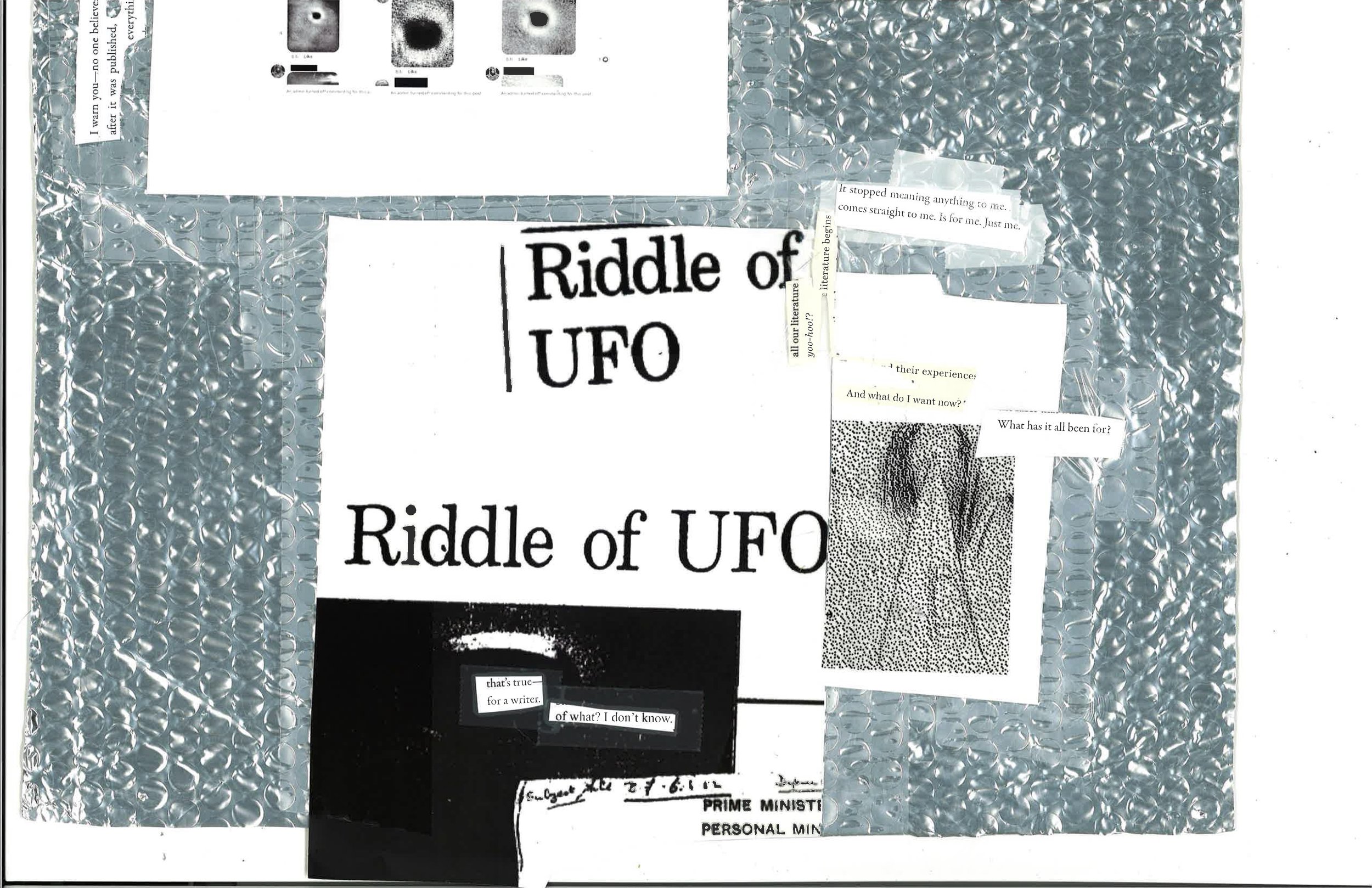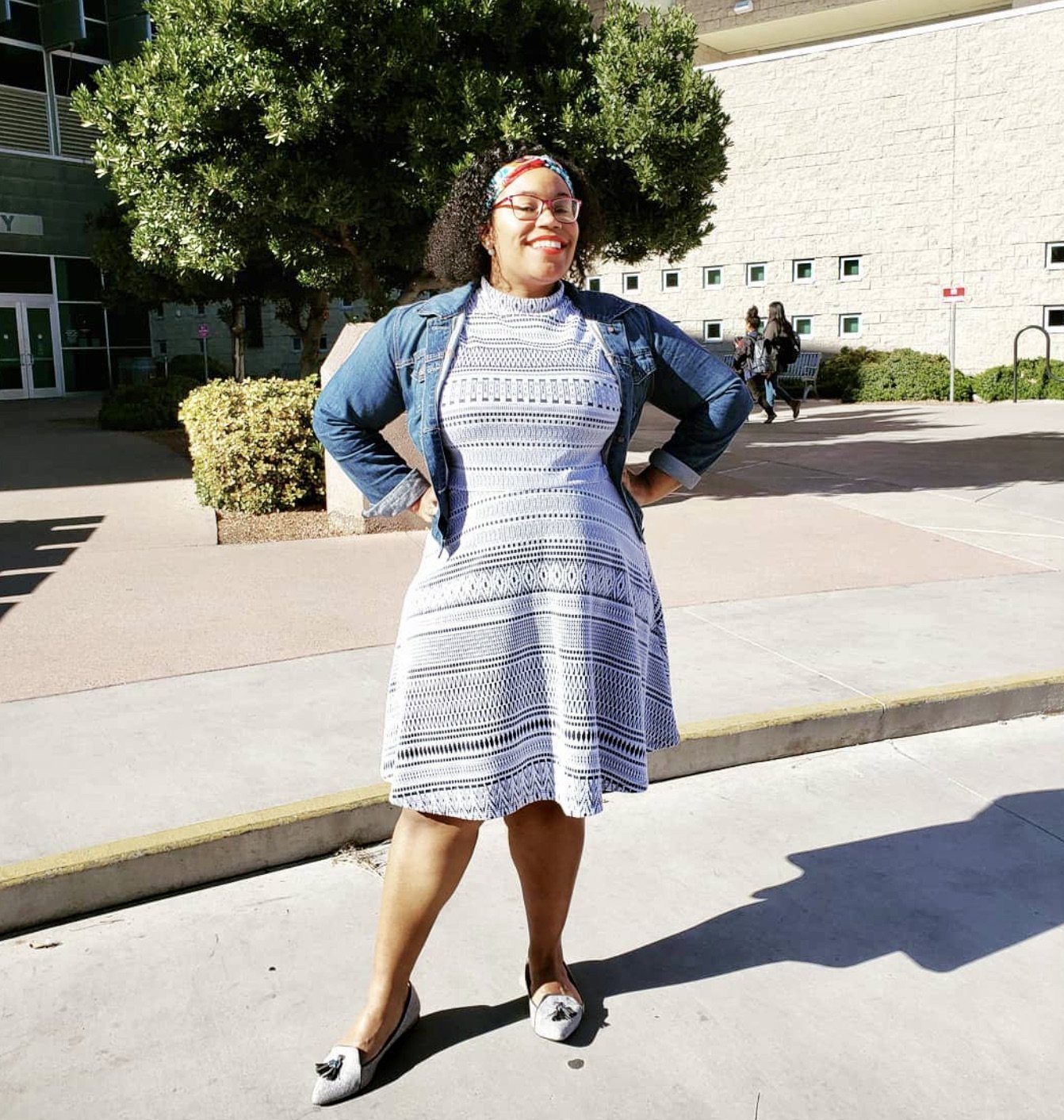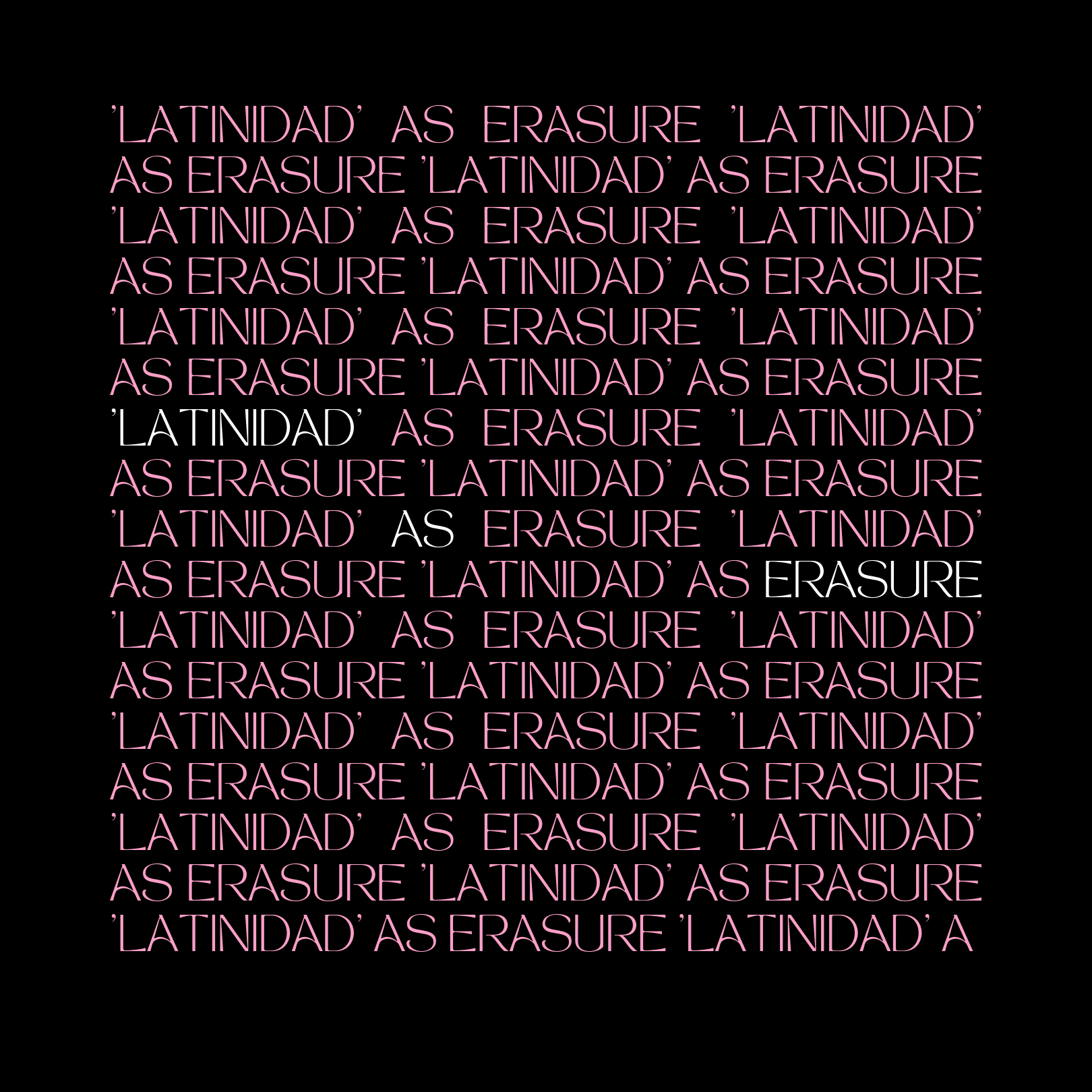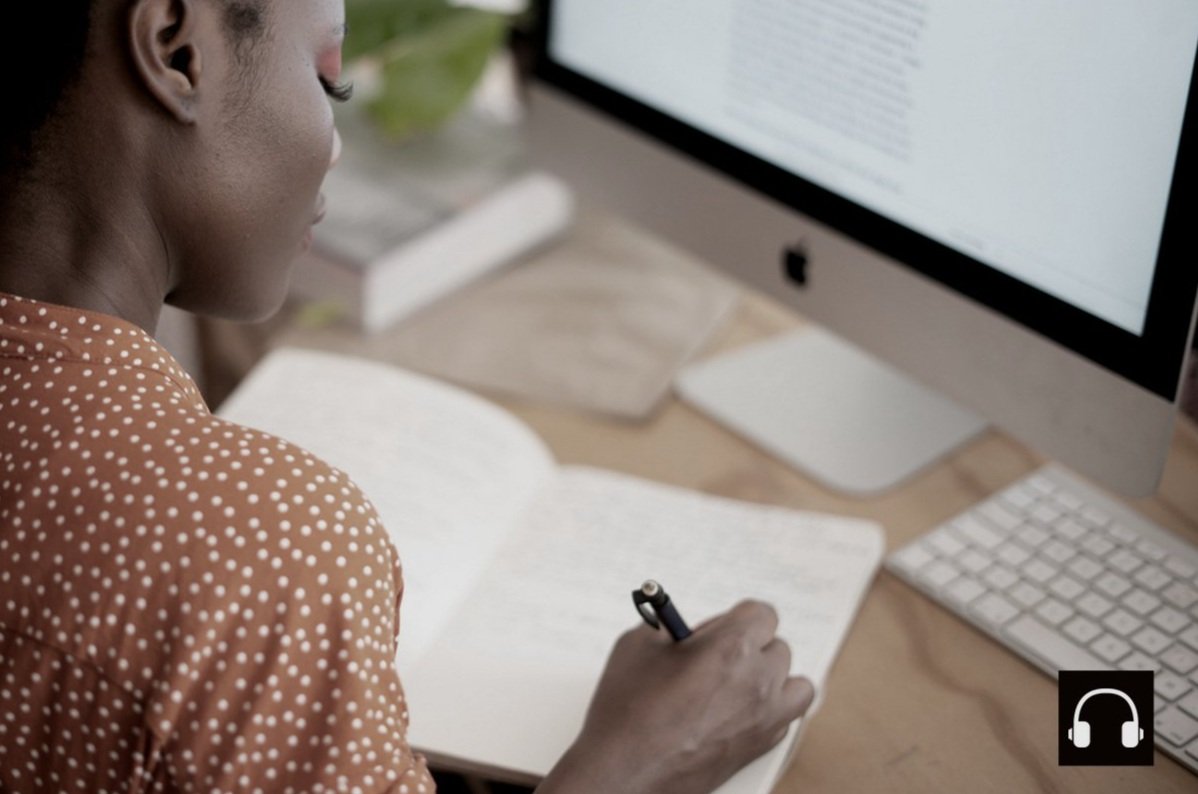
Read the up//root archive
Features and collections published between 2020 - 2023
Search by Tag
- #peer reviewed
- 2020
- 2021
- Anti-racism
- Black Lives Matter
- Black history
- COVID-19
- Community Award
- agency
- anti-Asian racism
- archives
- arts
- bell hooks
- bell series
- budgets
- burnout
- communication
- community
- creative nonfiction
- creativity
- disability
- emotional intelligence
- emotional labor
- employee rights
- fantasy
- grief
- history of libraries
- inclusion
- invisible labor
- library instruction
- love
- memory
- object
- overcommitment
- passion
- people
- poetic prose
- poetry
- racial capitalism
- reading
- reflection
- safe space
- self-care
- standards
- targeted online harassment
- white supremacy
- women of color
- work
- work/life balance
- workaholism

The Work of Women of Color Academic Librarians in Higher Education: Perspectives on Emotional and Invisible Labor
An exploration of emotional and invisible labor in the face of COVID-19 global pandemic and pervasive social and racial unrest.

Community Forum and Award
In October, we asked members of our community to respond to a few prompts about community, care and knowledge production. The responses blew us away. We carefully selected submissions from five of our fellow library workers and/or students who shared their brilliance with us.

I Remember the Listening
Rebekah reflects on her agency from her childhood to the present, the impact the community had on them over the course of the Community Study, and their thoughts on participating in academia.

Permission to Unpack
This piece considers how, as Bone Black affirms, the construction or reconstruction of memory is a necessary recourse for healing and creative release.

Can’t We All Just Cathect Along?
We all engage with cathexis but we often conflate it with respect, positive conditional regard, and, most dangerously, love.

How do you declare love is boundless on a billboard with such stark edges?
A personal reflection on how jaime ding has been thinking about the limits of love, and the unlearning of such restraints.

On Reading bell hooks and Community Study as Grief Ritual
This is a reflection on Marissa Arterberry’s grieving process in the wake of bell hooks’ death. She explores personal milestones that bell was a part of, and shares one of her favorite bell hooks speeches.

loving on bell: an altar
Across the spring and summer months of 2022, participants in Community Study gathered together to honor the work and memory of our beloved ancestor bell hooks. In this series, we reflect on and pay homage to our time together, exploring what bell and these gatherings meant to each of us. This brief introduction and expression of gratitude by nicholae cline contextualizes the pieces in this series, highlighting some of the threads that bind these reflections together.

“Latinidad” as Erasure: Words from a Critical Discussion on the Single Narrative of Latinidad
The flat, limited narrative lacking in historical understanding and nuance of race and ethnicity that is dominant in the United States extends to those of Latine heritage. Considering this complexity, history, and understanding, in 2021, We Here brought together five library and archives workers of Latine heritage/Latin American culture for a critical conversation on the single narrative of Latinidad. This is the edited transcript of that discussion.

The Comprehensive Guide to Resisting Overcommitment
LIS workers often say: yes to library users, yes to colleagues, yes to supervisors, yes to administrators, and yes to community members. We find ourselves burnt-out when showing up for everyone, while leaving little for ourselves.

Make the Library Loud: Removing Communication Barriers for Library Workers with Hearing Loss
We, people of color with disabilities, work in libraries too.

Confronting Anti-Asian Racism: A Statement on (In)visibility and Targeted Online Harassment
Despite the recent spotlight on targeted online harassment affecting universities and faculty members, its effects on libraries and library workers remain largely invisible. To address this gap, Reanna Esmail recounts her recent experience of anti-Asian racism resulting from the media's coverage of an event originally intended to confront anti-Asian racism. To set the record straight, she provides and contextualizes the original transcript. To shift the spotlight back from herself onto systemic issues, she examines the social construction of visibility in other recent cases of targeted online harassment affecting library workers and threatening academic freedom.

Drowned Disillusions
Hridi Das uses poetic prose to reimagine the disillusionment of BIPOC librarians in a fantasy imbued with elements of the sea. The use of metaphor gives a quality of anthropomorphization to the “90% of LIS is white” statistic. The piece sets the scene by starting off with statements that are direct to the injustice suffered, some inspired by recent events, others old as time. The writing takes a deep dive from there on by immersing the reader into the fantasy world.

The House Archives Built
The current trend focusing on liberating the concept of archives from physical institutions has served to mentally leave behind Black collections held in predominantly white institutions. Dorothy Berry reflects on the conflict of archives versus the archives, and how the fundamental structures of archives can disserve Black archival subjects by foregrounding ownership, collecting, and homogeneity.

Letter to Asian Diasporic Library Workers
A group of Asian diasporic library workers reflecting on recent events including the recent surge of anti-Asian violence especially in the Bay Area, anti-Black responses to that violence in Asian communities, and the controversy around School Library Journal’s February cover. They decided to write this call to action in hopes of highlighting ways that we can build solidarity among Black, Indigenous, and people of color.
Content warning: Mentions of racism and violence

The Displays: On Anti-Racist Study and Institutional Enclosure
The middle months of 2020 saw a surge in apparent institutional interest in Black freedom struggles, an intensified emphasis on information-sharing and study as anti-racist responses, and a frenzied circulation of anti-racist reading lists. David James Hudson explores the current dynamics of and historical backdrop to this institutional attention, reflecting in particular on what both the intensified interest and the make-up of the reading lists can tell us about the dynamics of anti-racism under racial capitalism.

